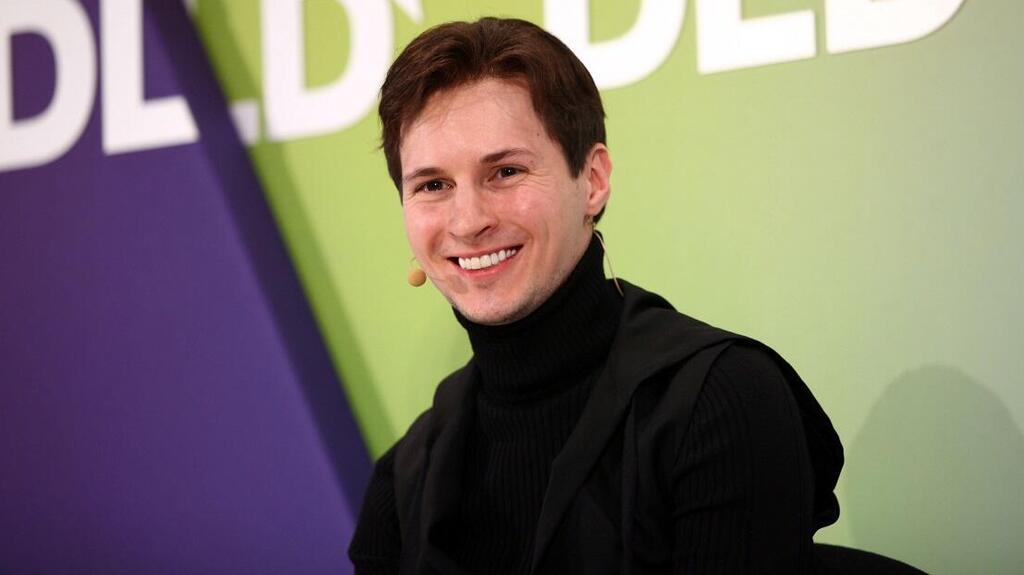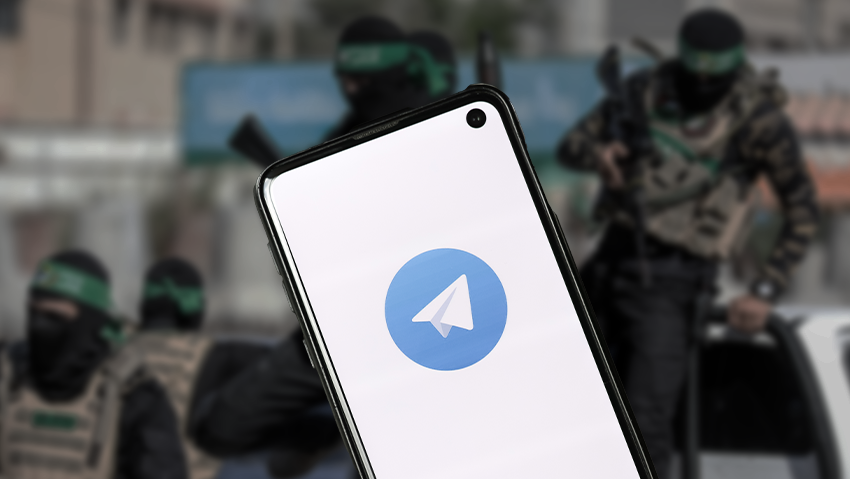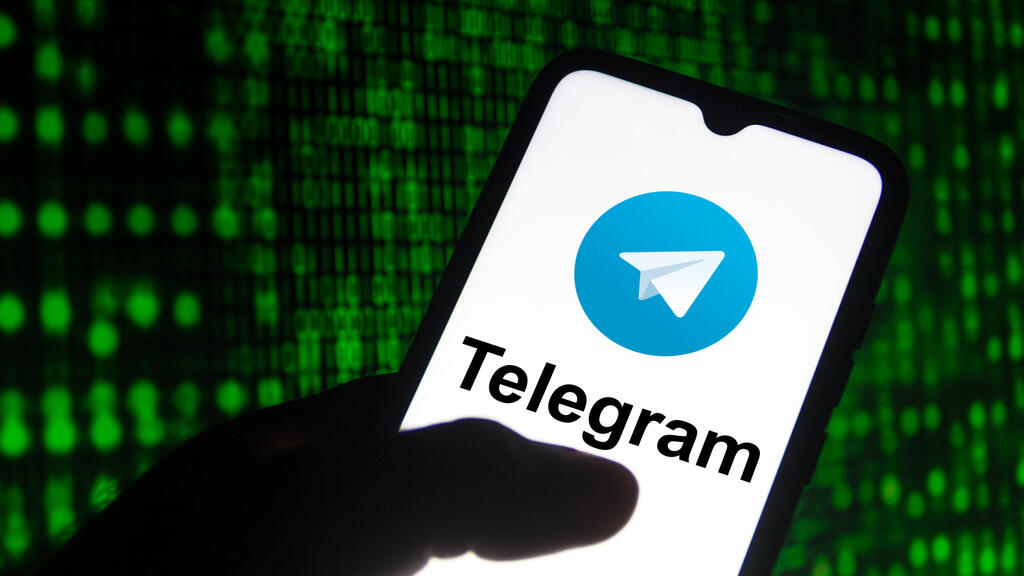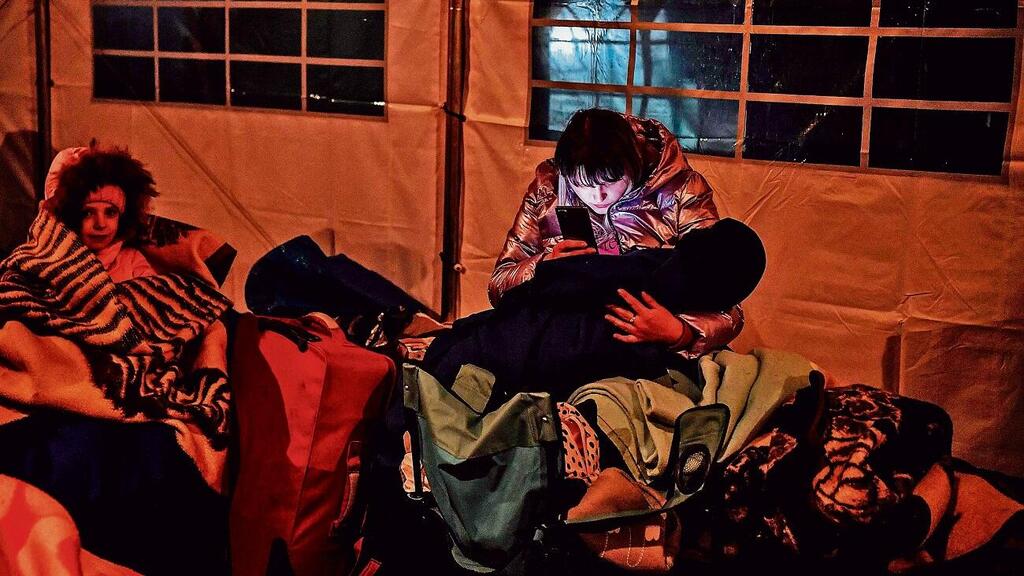Getting your Trinity Audio player ready...
Pavel Durov, the 39-year-old billionaire and founder and CEO of the Telegram messaging app – which is arguably the most lenient social media network regarding posts including incitement, racism, drug trafficking, terrorism and pedophilia – was unexpectedly arrested on Saturday at Le Bourget Airport in Paris, where he arrived with his private jet from Azerbaijan.
Russian media reported that the Russian Embassy in Paris requested consular access to Durov. According to the Russian embassy, Russian diplomats are in contact with Durov's lawyer. The embassy demanded the protection of his rights and an immediate explanation for his arrest. It was also added that, so far, France has avoided interacting with Russian diplomats, as reported by the local embassy in a statement cited by the RIA Novosti news agency.
Although French authorities have yet to comment on the reason behind the arrest, local media suggest the suspicions against him involve the app's activities, including drug trafficking, pedophilia, terrorism promotion, incitement, copyright infringement and fraud, possibly also indirectly related to the Russia-Ukraine war.
This marks a dramatic precedent, under which the legal system views the lack of oversight on such content as genuine "collaboration" in its distribution and intends to hold platform managers and owners personally accountable.
Durov, who was accompanied by his bodyguard and a woman at the time of his arrest, has been considered a persona non grata in Europe for years and has been cautious about visiting the continent in recent years. He founded Telegram in 2013 as an instant messaging app, along with his brother Nikolai, who currently serves as the company's CTO.
Telegram's popularity surged over the past decade and especially during the COVID-19 pandemic. Due to its almost complete lack of content filtering, it became a wild west of unfiltered, unofficial news, including fictitious reports. Telegram notably aided in the spread of the Islamic State’s horrific videos and harrowing true and false reports from Ukraine’s warfront.
Hamas and Hezbollah have turned Telegram into a weapon in the full manner of the word. The platform enabled, for example, Hamas' Nukhba terrorists to widely distribute, including via live broadcasts, the horrors of the massacre on October 7.
Hamas channels on the app grew rapidly in the first five days of the war in Gaza; for instance, the Izz ad-Din al-Qassam Brigades' channel tripled its subscribers from 205,000 to nearly 620,000, alongside a tenfold increase in post views.
Although Telegram is considered the preferred social network for terrorist and criminal organizations, Durov consistently claims that the app helps citizens express themselves freely in countries where freedom of speech is restricted.
It was only after repeated international pressures that Telegram removed some of these channels, but others remain active to this day. For example, the Gaza Now channel, associated with Hamas, has over 24 million subscribers.
In a post published on October 13, Durov used a Hamas warning before the attack on the city of Ashkelon to justify his lenient policy towards horrific content, saying, " Would shutting down their channel help save lives – or would it endanger more lives?"
European countries, especially those in the European Union, are at the forefront of the battle against social networks and tech giants in general.
Recently, the European Union's Digital Markets Act (DMA) came into effect, requiring large tech companies to monitor, manage and remove illegal content such as incitement to violence, solicitation for pedophilia or antisemitism on their platforms. Incidentally, Israel's Knesset also demanded that social networks in general, and Telegram in particular, address the removal of "problematic content."
Durov, born in Saint Petersburg, currently resides in Dubai where the company's headquarters are also officially located. His fortune is estimated by Forbes at about $15.5 billion, and he holds multiple citizenships – Russian, French, and Emirati.
He and his brother were forced to flee Russia in 2014 after being compelled to relinquish ownership of a previous popular social network they founded, VK (Vkontakte), often referred to as "Russia's Facebook," to Sogaz Insurance, owned by Russian President Vladimir Putin's associates.
In 2018, Telegram was fined in Russia following Durov's refusal to grant the Russian government access to the platform's content. The app was partially blocked but was officially allowed again in 2020 after Durov reached a surprising and obscure agreement with Russia’s Federal Communications Agency.
Telegram now enjoys high popularity in Russia, especially after other Western social networks were blocked. Durov repeatedly denies any ties to the Russian government or intelligence services. However, the Russian military continued to use the app for communication between units on the ground during the Russia-Ukraine war.
Telegram has several important features that give it a unique status among social networks and in geopolitical propaganda wars: First, it serves as a powerful tool for creating large groups (hundreds of thousands of users per group, compared to just 256 on WhatsApp, for example).
Second, it has the ability to upload particularly large files. Third, its "channels" format, which allows anyone to subscribe to any channel and upload and receive updates according to their interests. Journalists and news editors are glued to them 24 hours a day.
And, of course, there is the fact that Telegram allows users to hide their phone numbers: "secret chats" and video calls on the service are end-to-end encrypted and don't remain on the servers, according to the company, and it’s impossible to capture screenshots in them.
Durov himself leads a lavish lifestyle, with manners reminiscent of figures like Steve Jobs. He typically dresses in black and doesn't mince words when attacking his rivals. His Instagram account, with 1.2 million followers, features a vast array of photos of him posing like a model.





